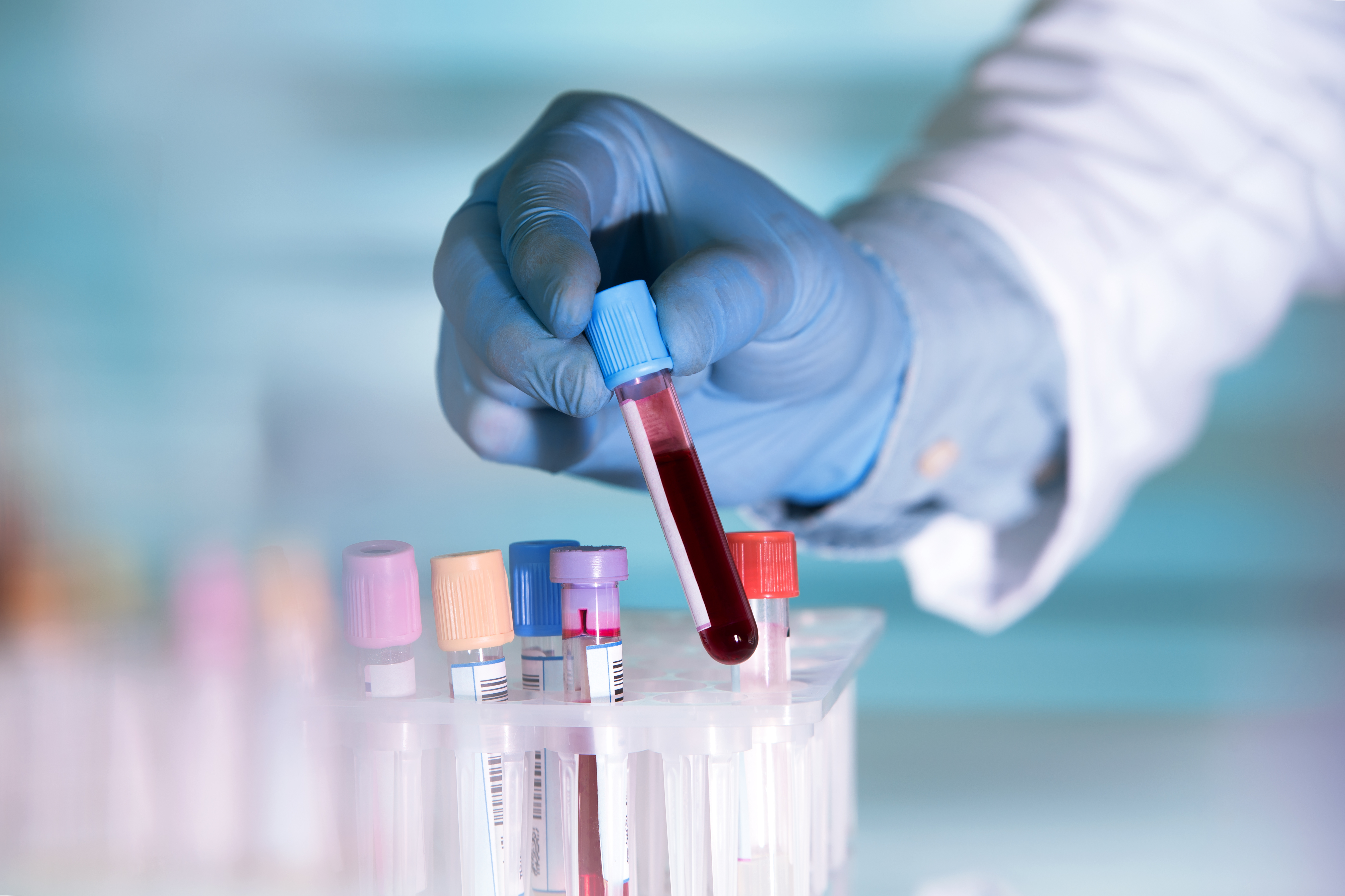PSYKONOS: a blood test to detect bipolar disorder
- Research
- Innovation
- Science and society
on the March 30, 2025

What if a blood test could diagnose mental illness? While the diagnosis of mental illness is difficult today, the start-up PSYKONOS, founded following a discovery by Professors Nicolas Glaichenhaus and Raoul Belzeaux, intends to market a blood test to diagnose bipolarity.
Deep sadness, euphoria, demotivation, excitement: your life is punctuated by your mood. Fortunately, between these emotional ups and downs, there are calmer periods, when the alternation of these emotions gives way to balance. But one day, thoughts of suicide get to you and it's all too much. You decide to make an appointment with your GP to find out what's wrong. But your GP can't rely on blood tests, an electroencephalogram or a biopsy to find out exactly what you're suffering from, and more importantly, what medication to prescribe. The only way to find out is to ask questions about your medical history, your thoughts and your behavior. And if you tell him or her that you're sad, don't feel like doing anything and are thinking about suicide, it's very likely that your GP will tell you that you're suffering from "depression", and prescribe antidepressants or anxiolytics. But are you really suffering from depression? Could it be that you're bipolar?

THE PARTICULARITIES OF BIPOLARITY
However, treatments for depression and bipolarity are not the same. While antidepressants are generally effective in depression, they are contraindicated in bipolarity (unless prescribed with other medications).
Not only do antidepressants fail to reduce depressive symptoms in bipolar patients, they often exacerbate manic phases. So it's crucial for doctors to be able to identify bipolar patients when they come for consultation. As Nicolas Glaichenhaus points out, " The average time between the first symptoms of bipolar disorder and the correct diagnosis is 8 years. Several years during which the patient is unwell, often hospitalized, unable to work, and at risk of suicide or accident due to reckless risk-taking ".
A BLOOD TEST TO DIFFERENTIATE BIPOLARITY FROM DEPRESSION
By analyzing blood samples from patients suffering from bipolarity or depression, Nicolas Glaichenhaus and Raoul Belzeaux have discovered several molecules enabling them to differentiate between the two illnesses. " By analyzing blood samples, we found several molecules that are more abundant in bipolar patients than in those suffering from depression. By prescribing a blood test to a patient who comes for a consultation because he or she is depressed, the GP could then know whether he or she is suffering from depression or bipolarity, and prescribe the most appropriate treatment."
Biomarkers are measurable biological indicators. They provide information about a person's health or the stage of a disease. For example, blood glucose levels are a biomarker for diabetes. Diabetes is diagnosed when blood glucose exceeds 11 mmol/L. The molecules identified by Nicolas Glaichenhaus and Raoul Belzeaux can therefore be considered biomarkers of bipolarity.
PSYKONOS: VALIDATING THE COMBINATION OF BIOMARKERS AND FINDING OTHERS

The biomarkers identified by Nicolas Glaichenhaus and Raoul Belzeaux have been patented. On this basis, the start-up PSYKONOS was created in August 2023. The company's aim was to capitalize on the discoveries of Nicolas Glaichenhaus and Raoul Belzeaux, and to market tests for better diagnosis of mental illnesses in general, and bipolarity in particular. Grégory Perraud, CEO of PSYKONOS, is confident: " With the work of Nicolas Glaichenhaus and Raoul Belzeaux, we're one step ahead of our competitors. If all goes well, PSYKONOS could market its first blood test by the end of 2027 .
Article produced as part of the first issue of INTERVALLE, the magazine of the Science and Society department, thanks to the participation of :
- Nicolas Glaichenhaus, University Professor of Immunology at the Institut de Pharmacologie Moléculaire et Cellulaire - IMPC - laboratory of Université Côte d'Azur, CNRS and Inserm.



